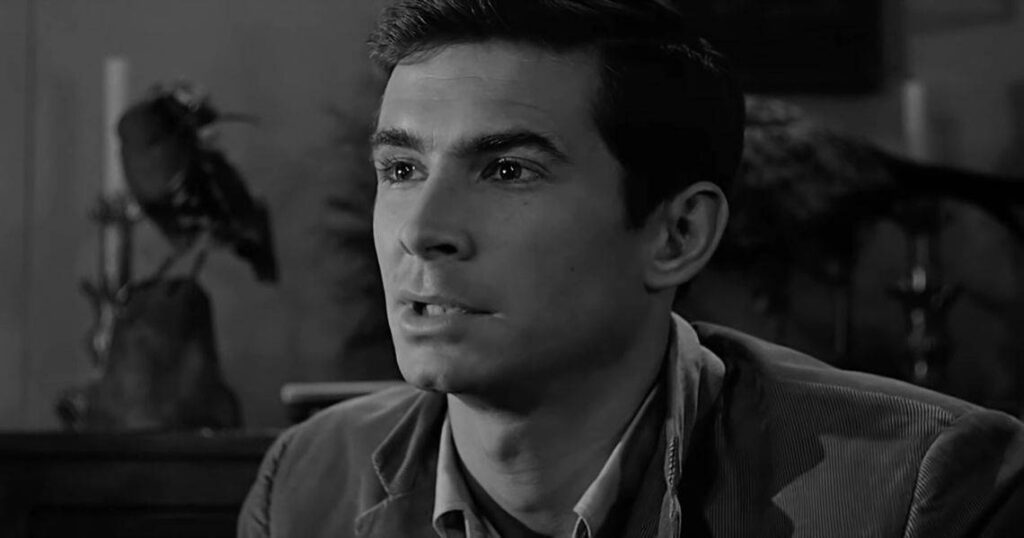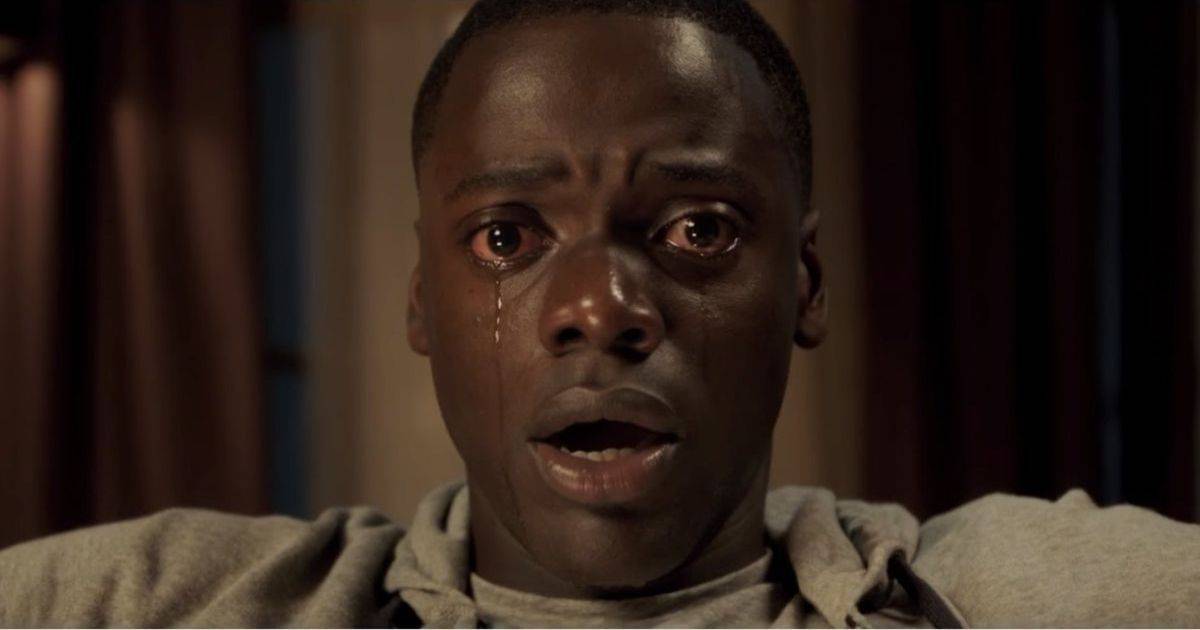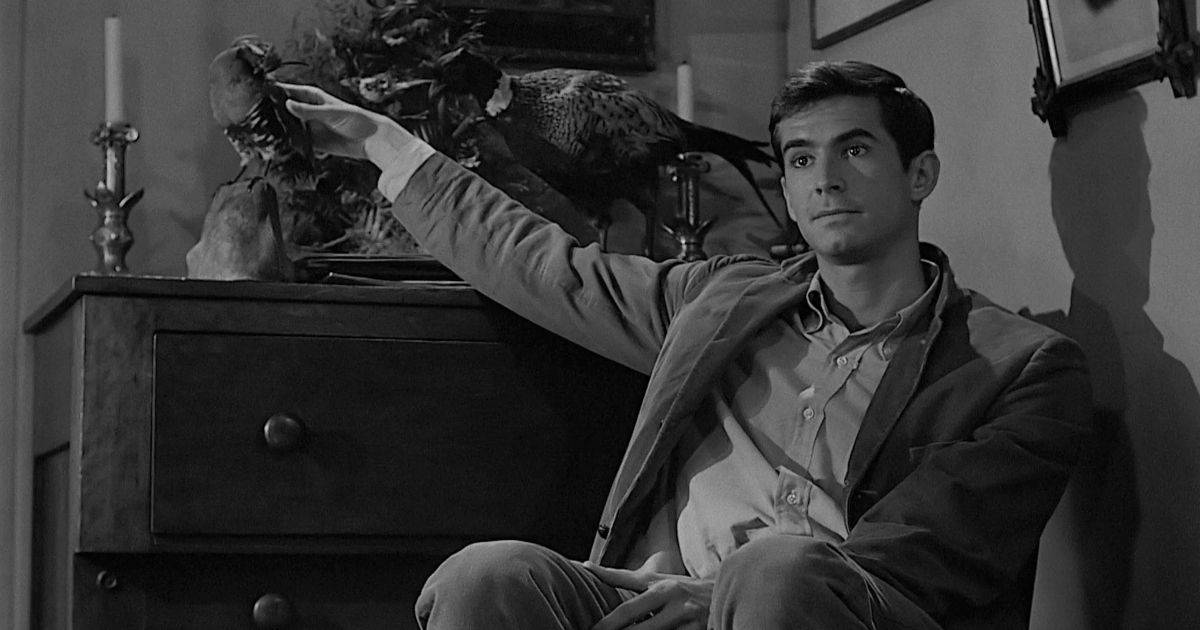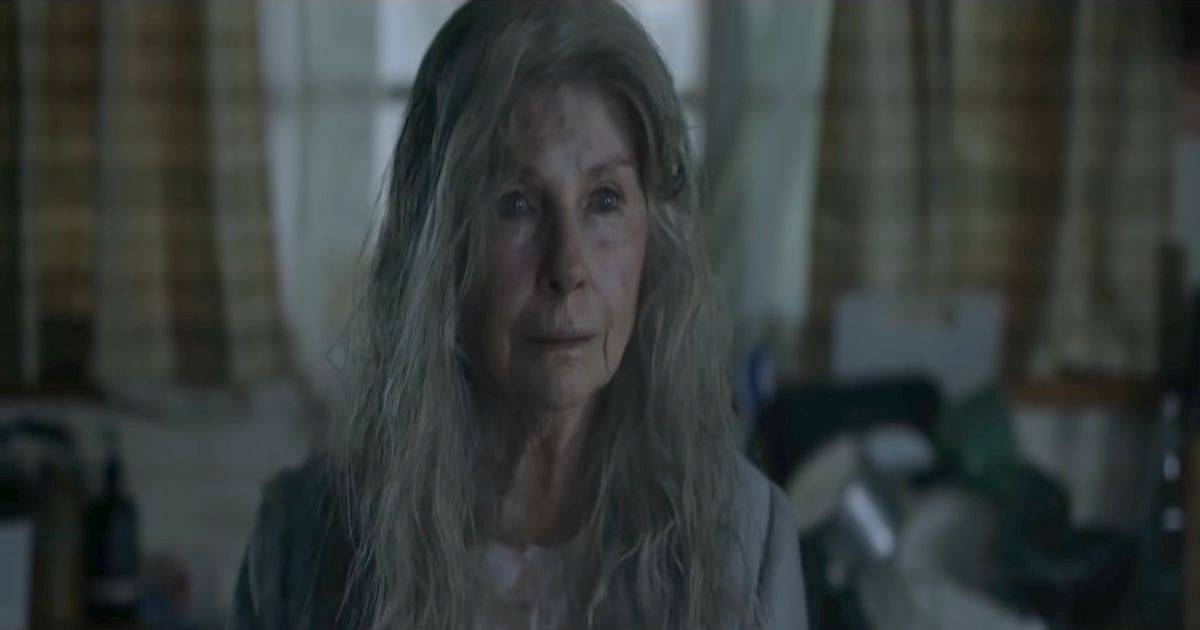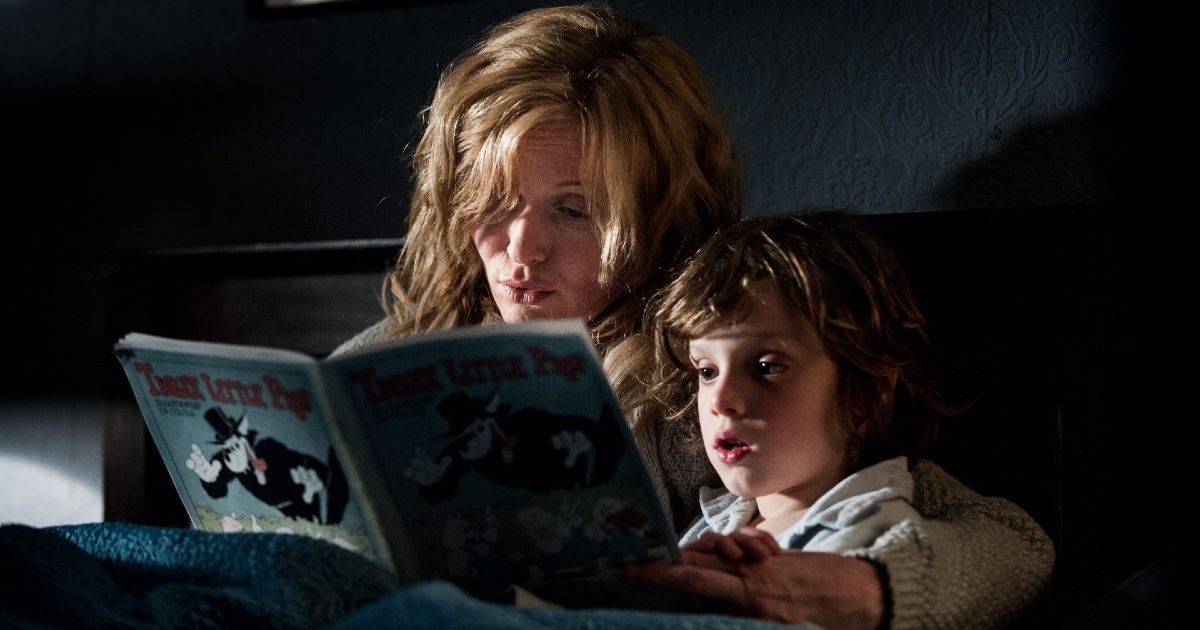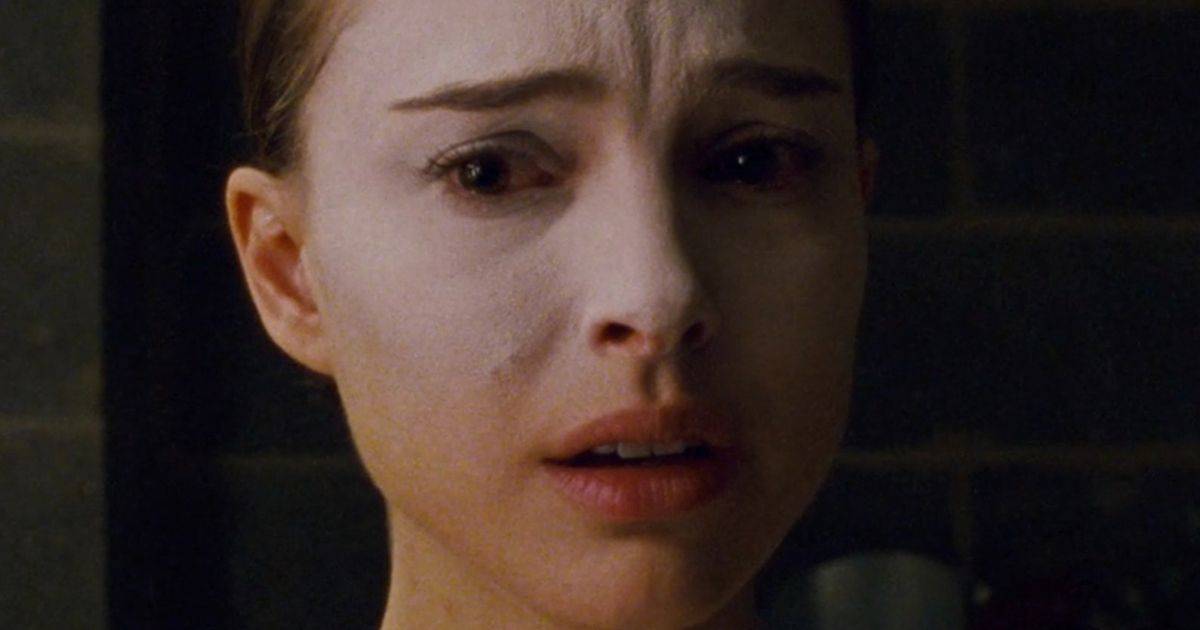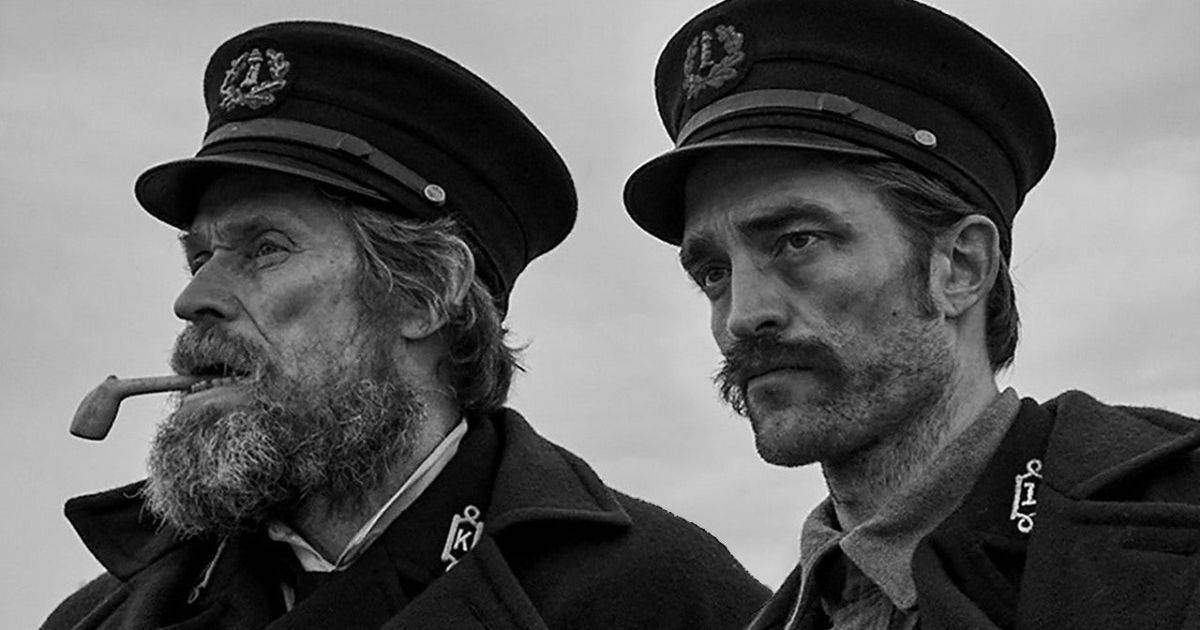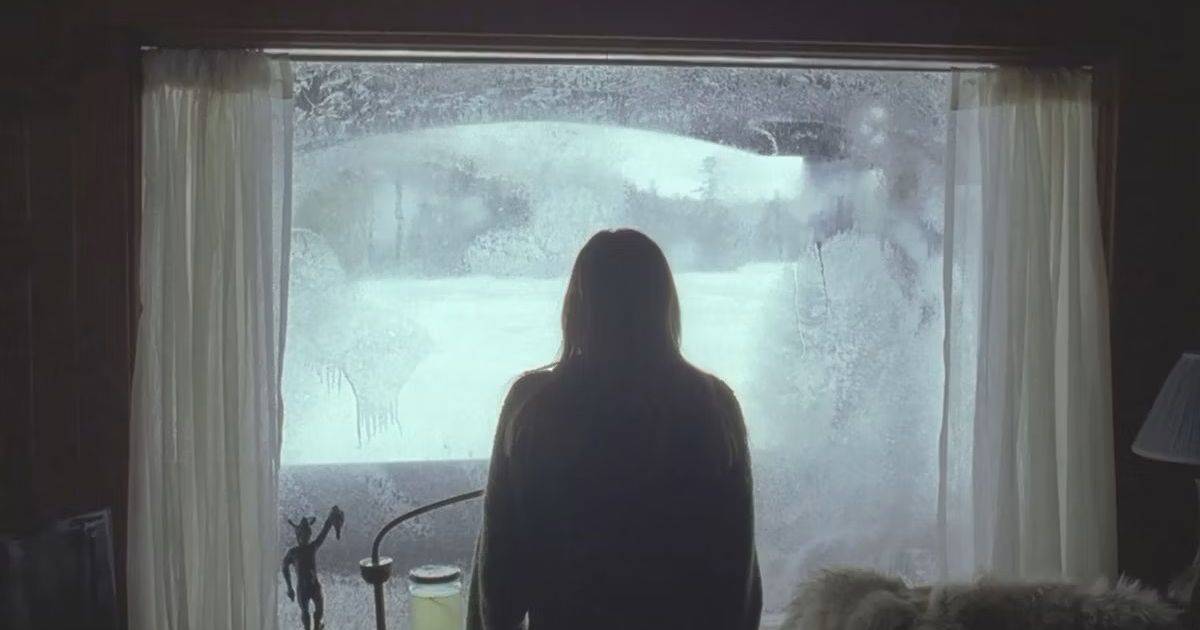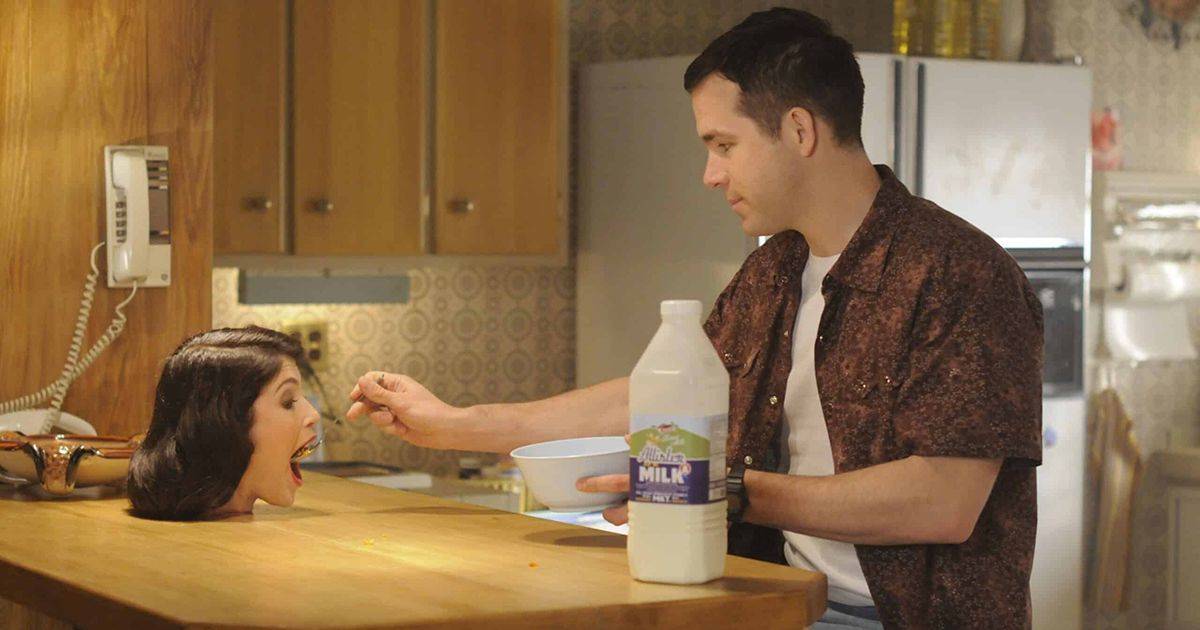The portrayal of mental illness as an evil defect is a popular cliché in horror films. A person becomes inhuman when others label them as “monsters” based more on what they can see than what they can’t. Horror both subtly and overtly dehumanises persons with mental illness by labelling them as violent and incurable. Those who exhibit psychiatric symptoms are portrayed as bad individuals by the stigma surrounding mental health. Attacks on the victims of mental illness are made rather than the problem’s source. In the movie Halloween, Michael Myers’ own psychiatrist wrote him off as a hopeless case. Locking someone up and then discarding the key doesn’t fix the issue; it only makes it worse. Horror has improved its representation of mental illness, even as mental health has been stigmatised for the sake of the genre.
Get Out (2017)
Get Out centres on photojournalist Chris Washington (Daniel Kaluuya), who is reluctant to meet the parents of his white fiancée due to their mixed-race relationship. A black groundskeeper, housekeeper, and socialite friend of his girlfriend’s rich family all exhibit abnormal behaviour. The subject of the shot collapses as he attempts to capture it as proof. Later, the family captures Chris and reveals that they use brain transplants to take over black people’s bodies, “inherit” their “superior” traits, and live forever. Your mind gets tired of trying to be someone you’re not.
Psycho (1960)
The owner of the Bates Hotel in the movie Psycho is Norman Bates (Anthony Perkins). He co-owns the company with his mother, who resides in a hilltop house that has a view of their inn, when he isn’t engaged in his hobby of taxidermy. He is unaware that Marion Crane (Janet Leigh) has embezzled money from her company when he greets her as a guest. The night she checks in, a shadow wearing a dress stabs Marion to death. When the authorities conduct an inquiry at the Bates Motel, they learn that Norman has taken on the identity of his long-deceased mother, whom he killed and mummified in order to uphold their possessive, dependent relationship.
Relic (2020)
In Relic, the elderly mother Edna (Robyn Nevin), who suffers from dementia, becomes lost in the woods. When her daughter and granddaughter investigate her home, they discover several evidence of black mould. As Edna gets home, she starts talking to someone who isn’t there. Her chest is blackened and battered. She loses her memories as she becomes hostile towards her family. With the exception of an odd bruise that occurs on Sam, Edna’s health and physique soon degrade along with the black mould, implying that her sickness runs in the family.
The Babadook (2014)
Widow at Umbrella Entertainment In The Babadook, Amelia Vanek (Essie Davis) is the sole carer for her six-year-old son Samuel (Noah Wiseman). He develops a fear of the monster from a story, which motivates him to create his own weapons. Samuel demands that his mother read it aloud to him. When she does, Amelia starts to notice indications of the threatening person in the outside world. Amelia defies her delusions and insists that the Babadook doesn’t exist. She is tortured by the monster as a result of losing her husband, but Sam rescues her by acknowledging that no one can defeat the Babadook. They come to the realisation that if they can learn to control their ideas and behaviours, they can manage the propensity for fear, depression, tragedy, or any other stressor.
The Black Swan (2010)
Doubting oneself hurts, and it hurts more when one’s crippling ideas distort reality. Ballet dancer Nina Sayers (Natalie Portman) auditions for the lead position in the Swan Lake production in the movie The Black Swan while performing with the New York City Ballet company. Although she epitomises the purity of the White Swan Odette, she is not yet adept at the sexually explicit Black Swan Odile. With Nina’s conviction that Lily is going to take her position due to paralysing concerns, Lily (Mila Kunis) gets hired as a backup dancer. She breaks a limb, but not in a good way, as a result of her own self-inflicted hallucinations.
The Lighthouse (2019)
The Lighthouse centres on two 19th-century wickies, Thomas Wake (Willem Dafoe) and Ephraim Winslow (Robert Pattinson), who become stuck on a New England island due to a storm. Winslow, who works his fingers to the bone, is trained by Wake, the more seasoned lighthouse keeper. The men get intoxicated and start telling each other stories that show they are not what they seem to be. Both men have lost their minds to the water due to their extreme insanity and solitude.
The Lodge (2019)
Grace Marshall (Riley Keough) is a death cult survivor. She feels bad for being the one who caused researcher Richard to break up with his wife Laura, who later commits suicide over their intended union. Grace, who will soon become a stepmother, makes the decision to spend the Christmas break at The Lodge with her future stepchildren. Grace experiences anxiety attacks because the kids are antagonistic towards her despite her efforts to form bonds with them. During their stay at the cabin, Grace’s prior brainwashed state is eventually triggered after intensifying gaslit deception, manipulation, and abuse.
The Voices (2014)
In the comedy-horror film The Voices, bathtub factory worker Jerry Hickfang (Ryan Reynolds) has schizophrenia. Jerry refuses to take his medication because he frequently has delusions in which he hears voices, both those of his dogs and his inner demons and wants. He finds it difficult to convey to others his troubled past, which includes an abusive father and his mother’s assisted suicide. Jerry murders those who misunderstand him despite not wanting to.

